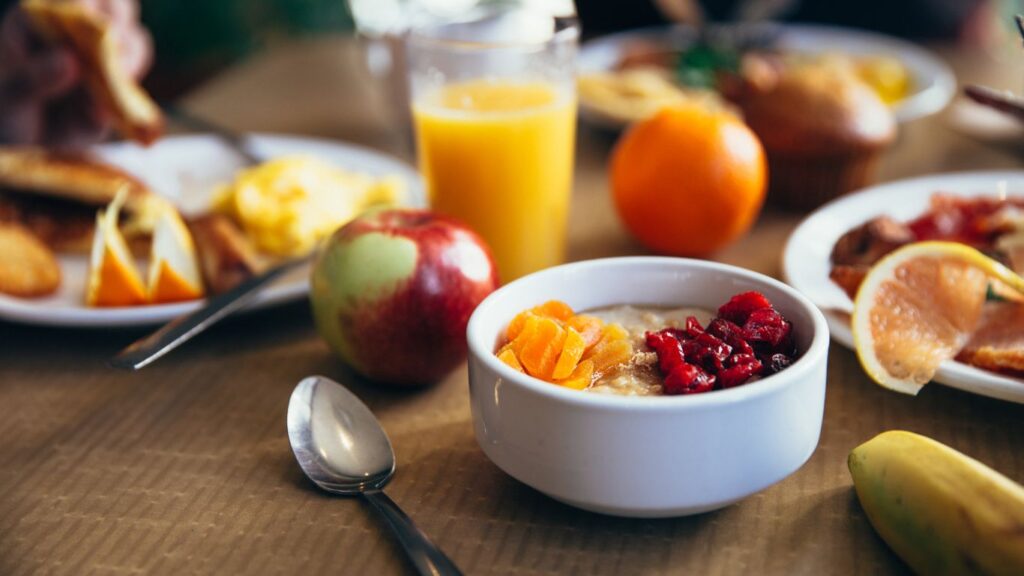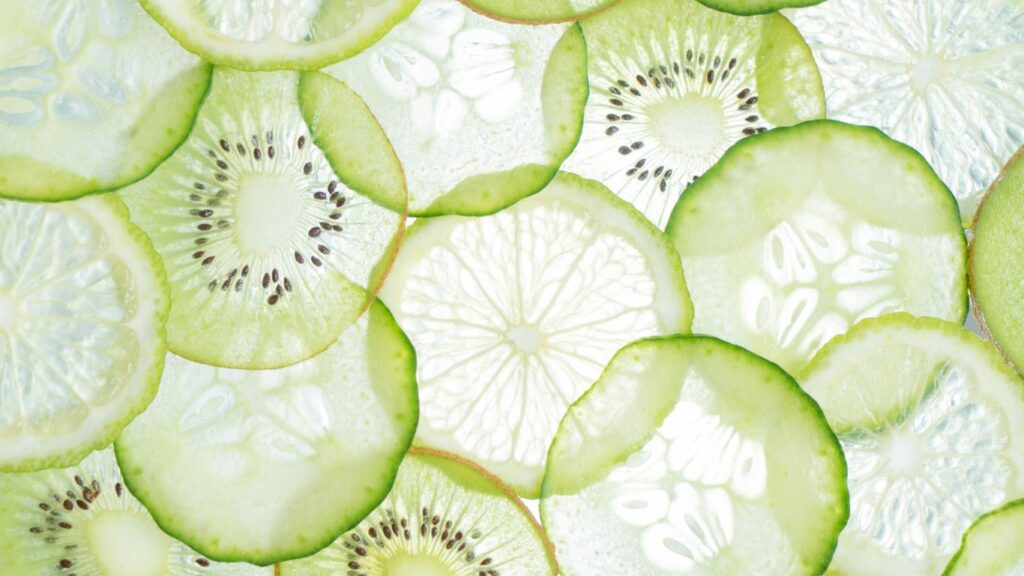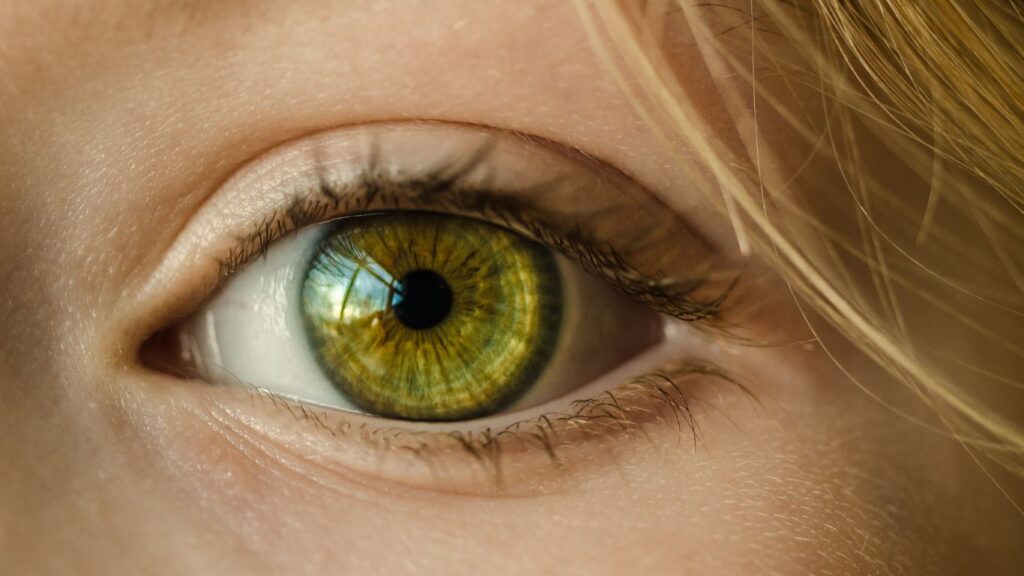Our eyes are one of the most vital sensory organs, allowing us to experience the world around us. Maintaining good eye health is essential for a high quality of life. While regular eye exams and protective measures like sunglasses are important, nutrition also plays a crucial role in preserving and improving our vision. In this blog, we’ll explore the importance of nutrition for eye health and discuss the specific foods and nutrients that can help maintain good vision.
Nutrition for Eye Health: What to Eat for Good Vision
The Role of Nutrition in Eye Health
Before we dive into the specifics, let’s understand why nutrition is so important for our eyes. The eyes, like other parts of the body, require a variety of nutrients to function properly and protect against age-related issues and diseases. Here are some key reasons why nutrition matters for eye health:
- Antioxidant Protection: The eyes are highly susceptible to oxidative stress caused by free radicals. Antioxidants help neutralize these harmful molecules, reducing the risk of eye diseases such as age-related macular degeneration (AMD) and cataracts.
- Macular Health: The macula, a small but essential part of the retina, is responsible for sharp central vision. Nutrients like lutein and zeaxanthin are crucial for maintaining macular health and preventing degeneration.
- Blood Vessel Maintenance: The tiny blood vessels in the eyes need to remain healthy to ensure adequate blood flow. Nutrients like omega-3 fatty acids can support this process and reduce the risk of retinopathy and glaucoma.
- Inflammation Control: Chronic inflammation can contribute to various eye conditions. A diet rich in anti-inflammatory foods can help control inflammation and protect eye health.
Now that we understand the importance of nutrition for our eyes, let’s explore some specific nutrients and foods that promote good vision.

Nutrients for Eye Health
- Vitamin A: Often associated with good vision, vitamin A is essential for the health of the retina. It helps with low-light vision and prevents night blindness. Foods rich in vitamin A include carrots, sweet potatoes, spinach, and kale.
- Lutein and Zeaxanthin: These antioxidants are found in high concentrations in the retina and the lens of the eye. They protect against oxidative damage and help reduce the risk of AMD and cataracts. Foods like spinach, kale, broccoli, and eggs are excellent sources of these nutrients.
- Vitamin C: This antioxidant helps maintain healthy blood vessels in the eyes and can reduce the risk of cataracts. Citrus fruits, strawberries, bell peppers, and broccoli are rich in vitamin C.
- Vitamin E: Like vitamin C, vitamin E is an antioxidant that can protect the eyes from oxidative damage. Nuts, seeds, and vegetable oils are good sources of vitamin E.
- Omega-3 Fatty Acids: These healthy fats are beneficial for reducing the risk of dry eyes and preventing age-related eye diseases. Fatty fish like salmon, mackerel, and trout, as well as flaxseeds and walnuts, are rich in omega-3s.
- Zinc: Zinc is essential for maintaining the health of the retina and may help prevent AMD. It can be found in foods like lean meat, poultry, beans, and whole grains.
- Beta-Carotene: Like vitamin A, beta-carotene is important for eye health. It’s a precursor to vitamin A and can be found in carrots, sweet potatoes, and butternut squash.
- Bioflavonoids: These antioxidants may help protect the eyes from UV damage and reduce the risk of cataracts. Citrus fruits, berries, and tea contain bioflavonoids.
- Zinc: Zinc is crucial for the health of the retina and may help prevent AMD. Foods like lean meat, poultry, beans, and whole grains are good sources of zinc.
- Vitamin D: Vitamin D plays a role in reducing the risk of macular degeneration. Sunlight is a natural source of vitamin D, but it can also be obtained from fortified foods and supplements.

Foods for Eye Health
Now that we’ve covered the key nutrients, let’s explore some delicious foods that can help you maintain good vision:
- Carrots: Carrots are famous for their high vitamin A content, which is essential for good night vision.
- Leafy Greens: Spinach, kale, and collard greens are rich in lutein and zeaxanthin, promoting macular health.
- Citrus Fruits: Oranges, grapefruits, and lemons provide vitamin C, protecting the eyes against oxidative damage.
- Fatty Fish: Salmon, mackerel, and trout are excellent sources of omega-3 fatty acids, which reduce the risk of dry eyes and AMD.
- Eggs: The yolk of eggs contains lutein, zeaxanthin, and zinc, all beneficial for eye health.
- Nuts and Seeds: Almonds, walnuts, flaxseeds, and chia seeds are rich in vitamin E and omega-3 fatty acids.
- Bell Peppers: These colorful vegetables provide both vitamin C and beta-carotene, promoting overall eye health.
- Sweet Potatoes: A great source of beta-carotene and vitamin A, sweet potatoes support good vision.
- Berries: Blueberries, strawberries, and raspberries contain bioflavonoids and antioxidants that protect the eyes.
- Broccoli: This cruciferous vegetable offers a combination of vitamins C and E, making it an excellent choice for eye health.
- Lean Meat: Lean meats like chicken and turkey provide zinc, which is vital for retinal health.
- Whole Grains: Foods like brown rice and whole wheat bread contain zinc and vitamin E, supporting eye health.
- Tea: Green tea and black tea contain bioflavonoids that protect against UV damage
Conclusion
Maintaining good vision throughout your life is not solely dependent on genetics or luck. Your diet plays a significant role in protecting your eyes from age-related diseases and ensuring they function optimally. By incorporating a variety of nutrient-rich foods into your diet, you can provide your eyes with the essential vitamins, antioxidants, and minerals they need to thrive.

Remember that a balanced diet is key to overall health, including eye health. If you have specific concerns or eye conditions, it’s advisable to consult with an eye specialist or a registered dietitian who can provide personalized guidance. In addition to a nutritious diet, don’t forget to protect your eyes from excessive UV exposure, avoid smoking, and maintain a healthy lifestyle for the best possible vision and eye health.
Also read: Vision for Life: Understanding the Long-Term Benefits of Regular Eye Check-ups
